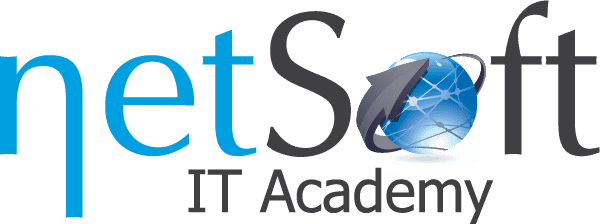Many job seekers struggle to secure employment, often unaware of a powerful tool that can set them apart: a career advancement portfolio.
What is a Career Advancement Portfolio?
As the name suggests, a career advancement portfolio is a compilation of documents demonstrating your career progress. It includes all of your educational credentials and other documents related to your career progression.
When you are at an interview discussing various qualifications on your résumé, your potential employer may want to verify each of your claims. This is why it is essential to keep your career advancement portfolio with you at all times and keep it up to date.
A career advancement portfolio includes not only your degrees and certifications, but can also include awards, prizes, press mentions, recommendation letters, or anything else that will put you in a good light.
The best way to organize your portfolio is to have this information readily available on your computer. Forward your career advancement portfolio and any job applications you submit; the employer will be impressed!
Keep a hard copy of your portfolio as well. Organize it neatly in a folder if you need to present a copy to a potential employer. Your career advancement portfolio will help you prepare for a sudden job interview.
What Should Go into a Career Advancement Portfolio?
Anything that puts you in a good light will be a good addition to your career advancement portfolio. Arrange your documents so the newest ones are presented first. Each document you choose to include should demonstrate a noteworthy skill that will help you excel in the position you are applying for. We suggest putting the following in your career advancement portfolio:
- 1. Educational certificates, such as diplomas and degrees
- 2. Academic awards
- 3. Your résumé
- 4. Work experience certificates
- 5. Certificates of any voluntary work
- 6. Career goals or missions
- 7. Letters of recommendation
- 8. References from previous employers
- 9. Achievement awards
- 10. Transcripts
Any press mentions or published papers are also good additions to your career advancement portfolio. Try to think from an employer’s point of view when deciding whether or not to include a document; if you think it will leave a positive impression or could boost your chances of getting hired, then in it goes!
Tips for Creating Your Career Advancement Portfolio
1. Keep It up to Date
Always keep your career advancement portfolio up to date. Update it periodically, not just before an interview. This will give you time to consider what you should include to better present yourself to an employer.
2. Include Your Most Recent Achievements
Try to keep all documentation that puts you in a good light. If space is limited and you have to prioritize certain documents, keep the most recent achievements.
3. Organize the Documents
Present your documents in chronological order. This will not only help organize your portfolio, but it will also demonstrate to your employer that you are diligent and professional.
4. Give It a Quality Finish
Make sure that your documents are printed on quality paper and aren’t crumpled. Make your portfolio the best representation of who you are as a future employee.
The Professional Portfolio
A professional portfolio is another great tool to bring to every interview. It details your skills and situations in which you have applied those skills. It shows the interviewer the career path you have followed so far and the direction your career is heading.
Highlight the strengths in your professional portfolio to help the interviewer better understand what you can do for the company. If you need help creating your portfolios or face any obstacles along the way, contact NetSoft, and we will help you sort things out.
Let us know what you think about our blog in the comment section, and keep following us for more helpful tips and tricks to help you get hired quickly.
Want to upgrade your technical skills and better market yourself for employment in the IT field? We provide intense IT Certification Courses, including Microsoft, Citrix, VMware, Red Hat, Cisco, Amazon, and Google courses. We are located in Mississauga near Toronto, Milton, Hamilton, Oakville, and Brampton, and offer degree programs to students looking to change their careers or improve their professional skills.



